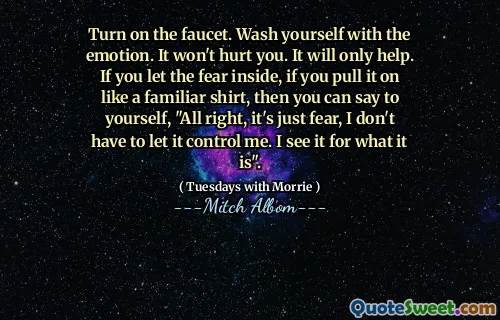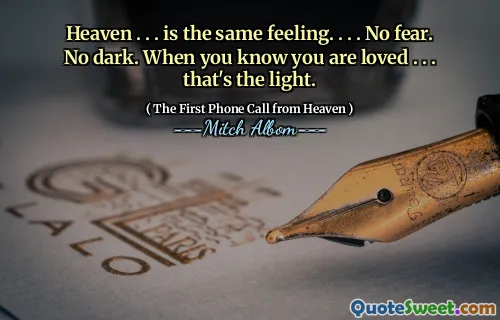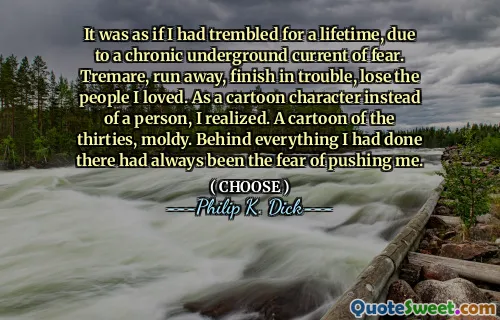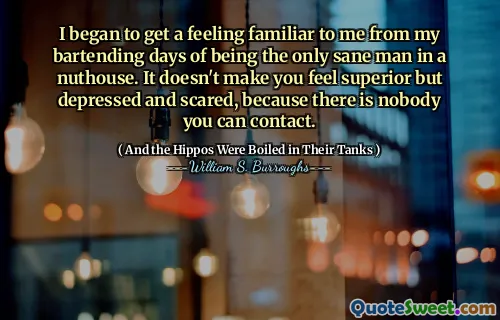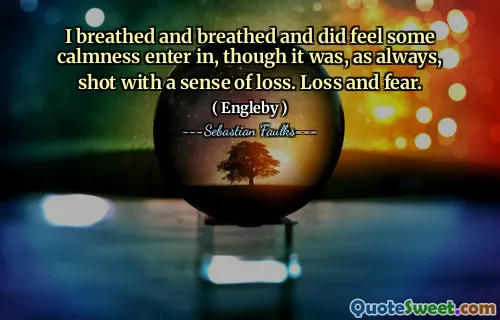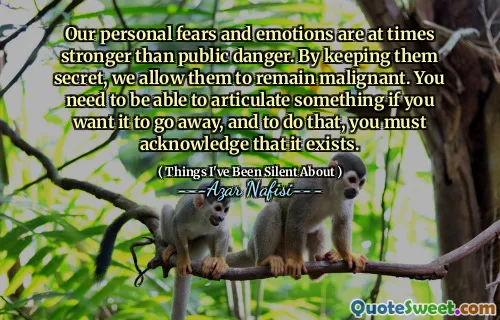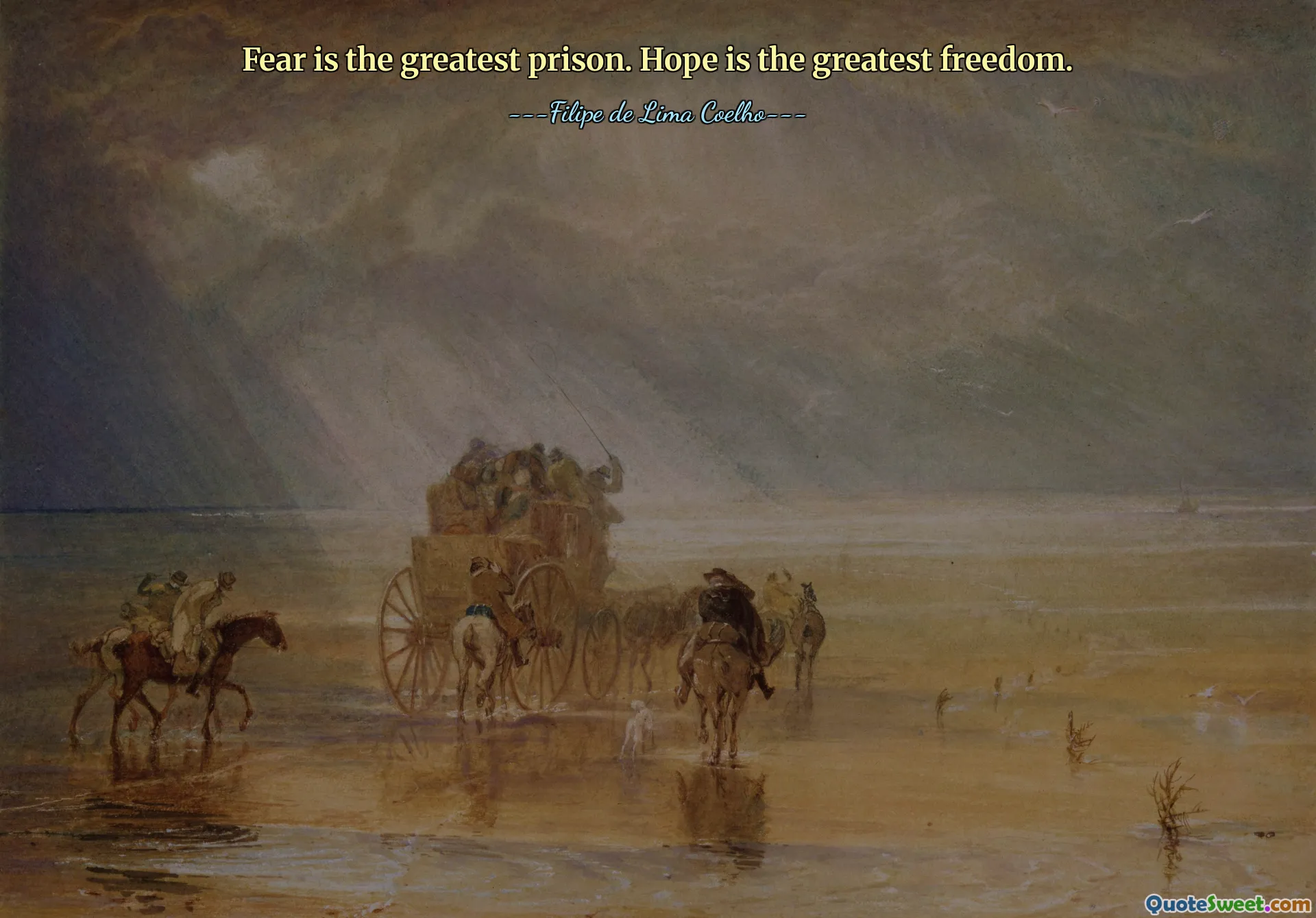
Fear is the greatest prison. Hope is the greatest freedom.
This quote poignantly captures the profound psychological impact that fear and hope have on human existence. Fear is often perceived as a debilitating force that confines our thoughts, emotions, and actions much like a prison. It restricts our ability to explore possibilities, take risks, and embrace change, trapping us in a cycle of doubt and hesitation. When fear governs our lives, it limits our potential, isolates us, and prevents us from experiencing the fullness of life.
On the opposite spectrum lies hope, which the quote elevates to the status of the greatest freedom. Hope inspires resilience and courage, acting as a mental sanctuary where the spirit can soar freely despite external circumstances. It invites us to envision a better future and motivates us to move forward even in adverse situations. Hope breaks the invisible chains of fear, creating space for growth and transformation.
The juxtaposition of fear as a prison and hope as freedom also speaks to the power of mindset. Although external conditions can be restrictive, internal attitudes shape our perception of those conditions. By nurturing hope, individuals can transcend their fears and limitations, unlocking a form of freedom that is not necessarily dependent on physical surroundings but on affirmative and positive outlooks.
This quote encourages reflection on emotional and mental states, urging us to identify when fear confines us and to consciously cultivate hope to liberate ourselves. It underscores the importance of emotional intelligence and resilience as tools for personal freedom and growth.
---Filipe de Lima Coelho---






